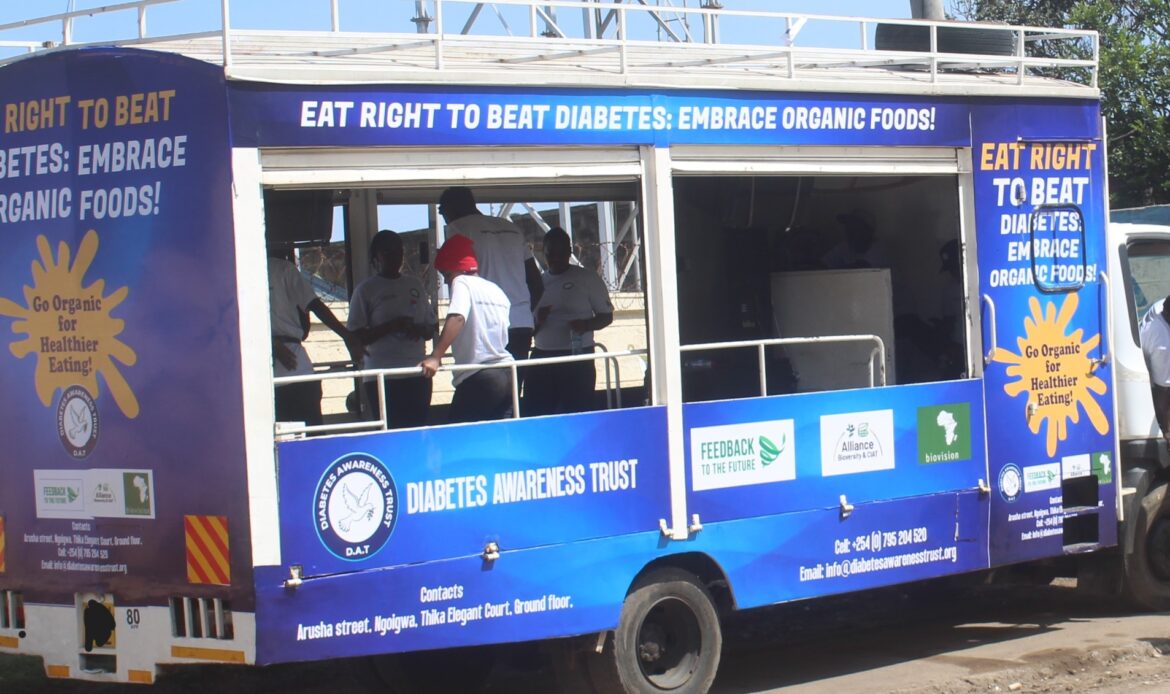The prevalence of diabetes and other non-communicable diseases (NCDs) is rapidly increasing, making them a leading cause of death worldwide (WHO 2018). In Kenya, diabetes affects an estimated 2.7% of the rural population and 10.7% of urban residents, with many cases remaining undiagnosed. Without proper management, diabetes and other NCDs can lead to severe health complications and pose life-threatening risks. WHO projects that diabetes cases could double in developing countries over the next 30 years. The lack of access to affordable healthcare and the high cost of managing NCDs like diabetes and cancer exacerbates this crisis.
Despite the growing burden of diabetes and NCDs, public awareness around symptoms, prevention, and management remains low. This highlights the urgent need for collective action from governments, civil society, faith-based organizations, and the private sector.
Through this programme, DAT is committed to raising awareness about the symptoms, causes, treatment, and management of diabetes and other NCDs. Our programs aim to improve the well-being of those at risk, especially in counties with the highest prevalence. We design projects that educate communities on the dangers of diabetes, empower them to take preventive measures, and enhance their ability to manage these conditions effectively.
By localizing health education, DAT helps citizens understand their role in preventing and managing NCDs, supporting the sustainability of County Health Departments and Ministry of Health.








